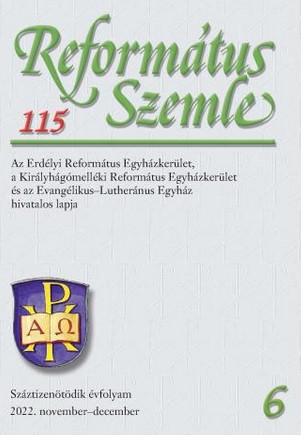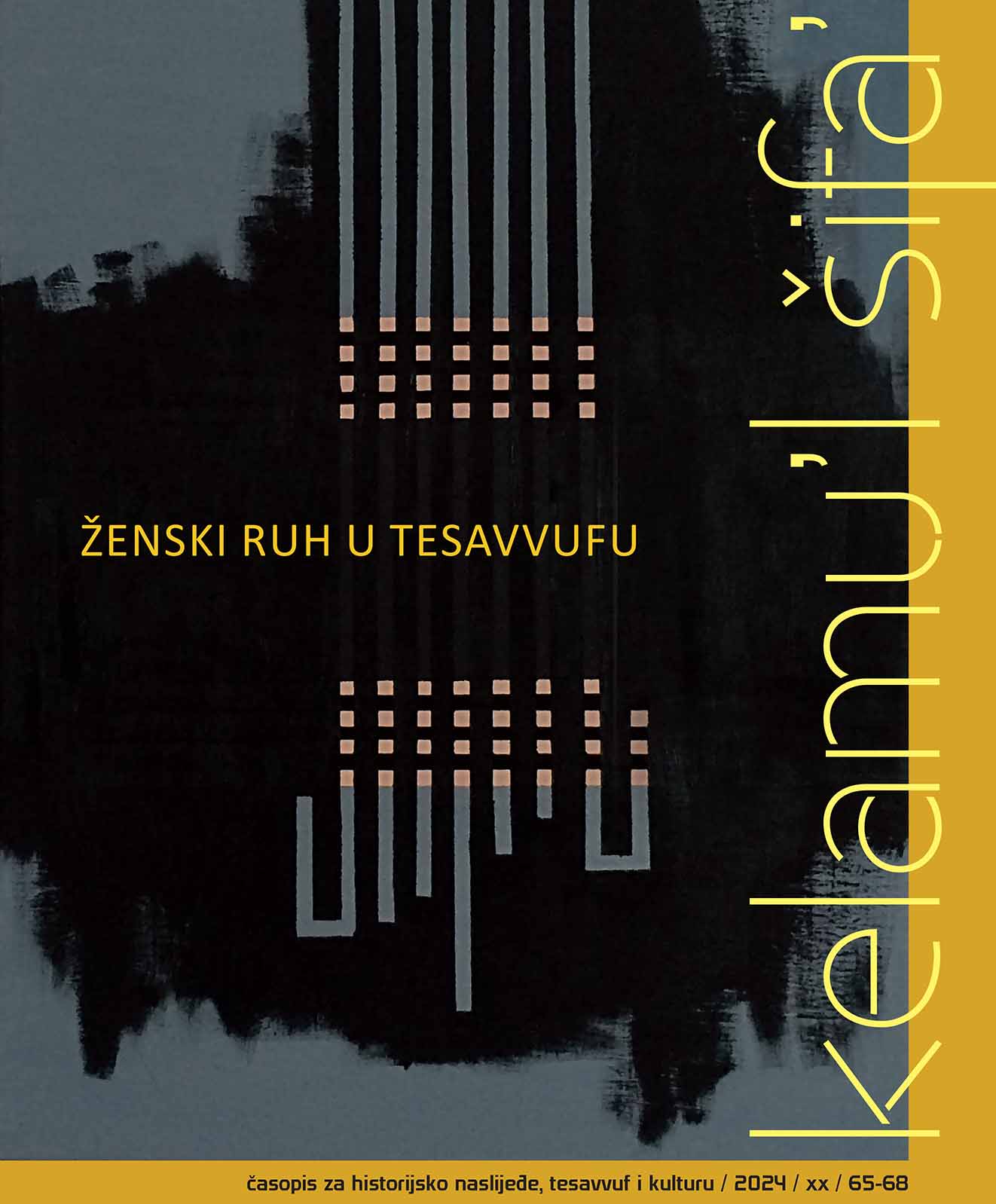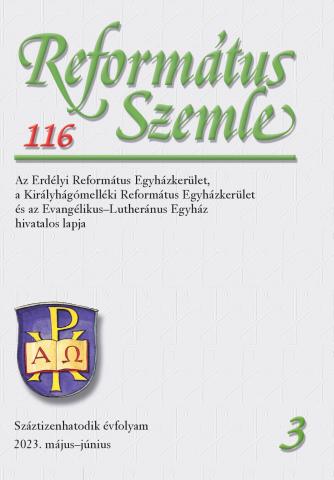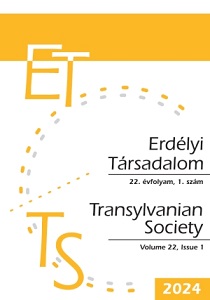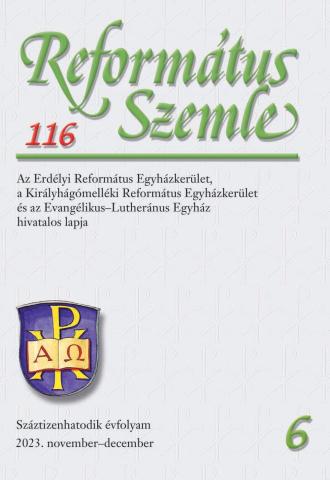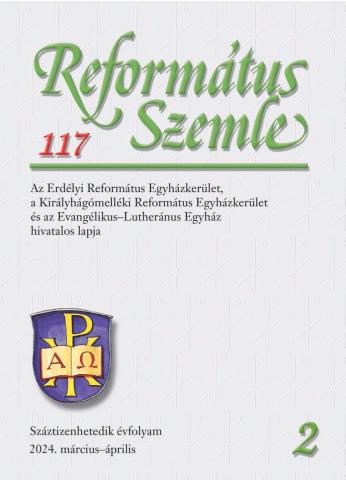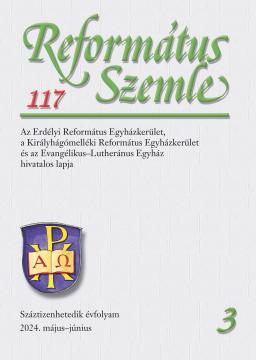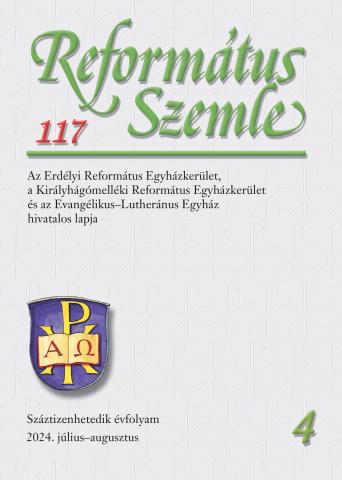Author(s): His Beatitude Daniel Patriarch of Romania / Language(s): Romanian
Issue: 3/2021
Neagoe Basarab (1512-1521), who ascended the throne of Wallachia in a very agitated period, when almost the entire Christendom feared the Ottoman flood that, impetuously and fanatically, was menacing the freedom of so many nations, remains in the history of our people as an important figure, especially by his cultural and religious activity - field in which - we may say - he excelled. The perseverance of the prince of Wallachia on this level also has a political real reason: strengthening the orthodox Christians' unity in their fight against the Ottomans. Saint Neagoe Basarab was the upholder of all the christians from under Ottoman domination, from the Carpathians to Syria, and from the Ionic Sea to Egypt. The Romanian Voivode's name used to be reverenced in innumerable monasteries, in the Balkans, in Greece, in Asia Minor. What it is particularly and strongly impressive are the aids vouchsafed by the Prince Neagoe Basarab to the monasteries on MountAthos, so that he is remembered as founder or charitable welldoer in 13 out of the 20 monasteries on the holy mountain. Moreover, he roofed the Patriarchate of Constantinople and renovated its monastics cells; also, he sent other and other gifts to Jerusalem, to Mount Sinai, to the monastic establishments at the Meteora in Thessalia to Cu1nita and Cuteasca. In Syria, at Ascalon, he reinforced the stronghold with a fortified tower. In Wallachia, Neagoe Basarab lavished gifts upon a number of monasteries, and renovated others. For example, he covered with lead Tismana monastery, brought to an end the works at Dealu Monastery, was of use to the Monasteries of Cotmeana, Vi1ina, DobrUfa, Cozia, brought the icon of Saint George from Constantinople to Nucet Monastery. The culminating moment of Neagoe Basarab's reign, a resounding moment throughout centuries, is the construction of Arge~ Monastery, magnificently consecrated on the 1 S'h of August 1517. The consecration of this monastic establishment was an occasion for the meeting of several hierarchs from among the peoples subdued by the Ottomans, and actually contributed to strengthening the christian solidarity. On visiting this church in the mid-seventeenth century, the Syrian Paul of Aleppo, was deeply impressed by its beauty and described it as "an object to marvel the mind and peerless among the other monasteries of this Principality''. Among his foundations, there is also the church of Snagov Monastery in Ilfov County, which was built during his reign (1512-1521), on a monastic Athonite model. Neagoe Basarab's spiritual, moral, political, diplomatic and military vision is to be found in his literary, pedagogical and philosophical book: Teachings for His Son Theodosie, the first one of this kind in the Romanian culture. Considered in its entirety and within the context of its time, Neagoe Basarab's reign may be looked upon as a Romanian spiritual renascence. Neagoe Basarab was a son and a Prince worthy of the people he belonged to, for whose prosperity and flourishing he put himself out. Being a wise, pious and generous Prince, Neagoe Basarab always keeps an unforgettable memory by everything he left behind to posterity, and he is an example for all the generations to come. That is why, in 2008, the Holy Synod of the Romanian Orthodox Church appointed him among the Saints in the calendar, on the Remembrance Day of the 26th of September.
More...
